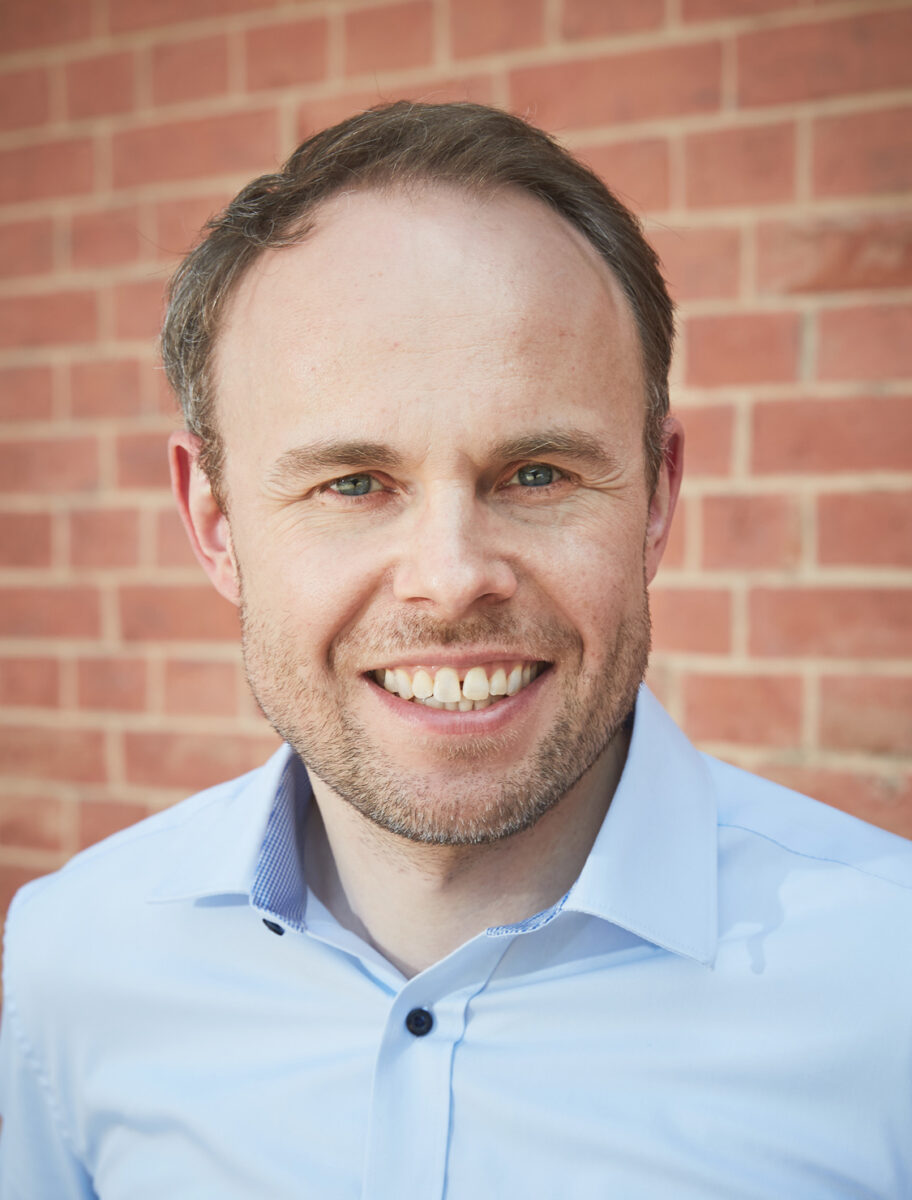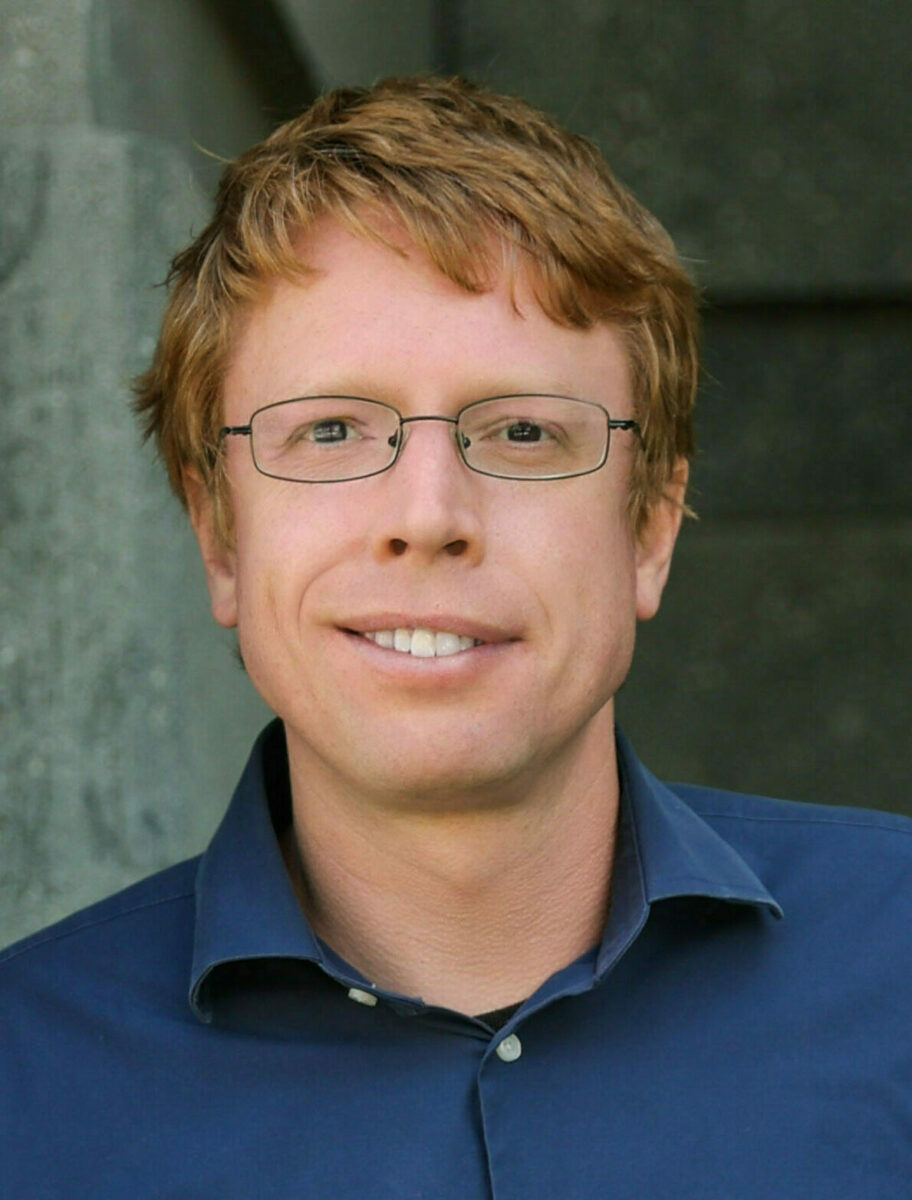Learn more about Myllia and our powerful CROP-Seq technology for target discovery
We utilise the CROP-Seq (for “CRISPR Droplet Sequencing”) workflow, developed by Myllia´s co-founder Christoph Bock, to map the impact of thousands of genetic perturbations on the global transcriptome at single-cell resolution, thus effectively establishing a paradigm for next generation CRISPR screens. Our powerful approach has broad applications in identifying novel drug targets, elucidating unknown mechanisms of actions of drugs and understanding genetic variants linked to disease risk

Our end-to-end platform for tailor-made CRISPR screens
Myllia has built an end-to-end genetic screening platform. We routinely conduct screens using hundreds of thousands of single cells in one experiment and intend to scale the technology even further.
- Customized assay development
- Proprietary guide RNA design algorithm
- Cloning and manufacturing of lentiviral guide RNA libraries
- Performance of the actual CRISPR screen
- Single-cell library prep and NGS
- Bioinformatic analysis
Get in touch with Myllia's leadership and CROP-Seq experts
Leadership
Scientific Advisory Board
Thomas Moser
CEO
Thomas has extensive experience in financing and corporate development of start-up companies. Since 2018 he is founder and CEO of Myllia Biotechnology (former Aelian Biotechnology) and since 2020 Managing Director of bit.bio discovery. In previous positions, he was founding CEO of Haplogen Genomics, a very successful Austrian life science company sold to Horizon Discovery/UK in 2015, and after the acquisition Vice President Products at Horizon, responsible for gene-engineered cell line products, and Global Head of Corporate Strategy and Compliance. Before he served as Managing Partner at Pontis Capital for 13 years and had several positions in the area of business development, financing and licensing.

Tilmann Buerckstuemmer
CSO
Tilmann is a CRISPR enthusiast since the early days of CRISPR. Originally trained as a biochemist, he joined Haplogen as Principal Scientist and later became their CSO. Following the acquisition by Horizon Discovery, Tilmann served as Director R&D and, later, Head of Innovation where he oversaw Horizon’s technology platform and innovation agenda. In 2018, he co-founded Myllia Biotechnology which focuses on single-cell CRISPR screens. He is also the CEO of bit.bio discovery, a joined venture between Vienna-based Myllia Biotechnology and Cambridge-based bit.bio. Tilmann is passionate about science and enjoys working with multi-disciplinary and multi-national teams.

Christoph Bock
Scientific Advisor
Christoph is a principal investigator at the CeMM Research Center for Molecular Medicine of the Austrian Academy of Sciences. His research focuses on developing high-throughput technologies for biomedical applications. He is also a guest professor at the Medical University of Vienna, scientific coordinator of the Biomedical Sequencing Facility at CeMM, and adjunct group leader for bioinformatics at the Max Planck Institute for Informatics. He has received several research awards, including the Max Planck Society’s Otto Hahn Medal (2009), an ERC Starting Grant (2016-2021), and the Overton Prize of the International Society of Computational Biology (2017).

Luke Gilbert
Scientific Advisor
Luke completed a distinguished postdoctoral stay at the laboratory of Jonathan Weissman, where he performed ground-breaking work on CRISPR interference and activation. He now holds a dual affiliation with the University of California, San Francisco (UCSF) and the esteemed Arc Institute, further solidifying his position as a prominent figure in the field. At UCSF and Arc Institute, Luke’s laboratory is at the forefront of scientific innovation, focusing on the development of new genetic tools to systematically unravel the functions of the genes encoded by the human genome. Their primary mission is to address critical challenges in deadly human cancers, particularly metastasis and drug resistance.


